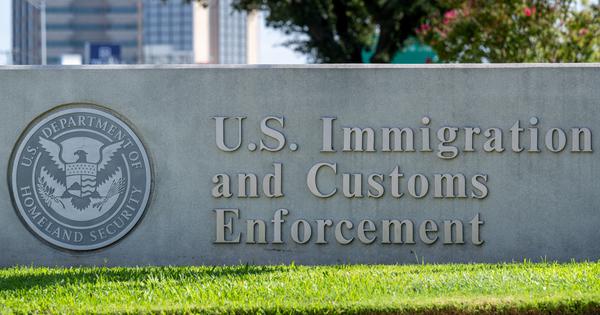Experts discuss how the $100,000 H-1B fee may reshape the tech talent landscape.
The announcement by US President Donald Trump on September 19 regarding a $100,000 one-time fee for new applicants of H-1B visas has ignited significant discussion within the tech industry. These visas are essential for highly skilled workers who wish to live and work in the United States for up to six years. Trump’s rationale for this fee was framed as a measure to curb perceived abuses of the visa program. However, the response from the tech sector has been one of concern, as many leading companies, including Amazon, Google, and Microsoft, have heavily relied on this visa category in recent years.
Amazon, in particular, has had a substantial number of H-1B visa approvals, totaling over 56,000 between 2020 and 2024. With this new fee structure, some experts suggest that while it might pose a threat to the global talent pipeline, others argue that employers may still be willing to absorb the cost. The competition for top-tier AI researchers and engineering talent is intensifying, which could lead companies to pay the increased fees to secure skilled workers.
Poorvi Chothani, founder of LawQuest, expressed that the fee might actually benefit major tech companies. If the number of registrations for the H-1B lottery decreases due to the fee, it could provide larger companies like Amazon, Google, and Microsoft a better chance of success in the lottery. Chothani noted that the initial panic surrounding the fee was partly due to fears it might be an annual charge, which would significantly escalate hiring costs. Now that it is clarified as a one-time fee, the immediate financial burden is somewhat alleviated, although it still presents challenges for profitability.
Iyinoluwa Aboyeji, co-founder of Andela and Flutterwave, highlighted the potential for this policy to further globalize Silicon Valley. He pointed out that many tech giants have been downsizing due to the rise of AI, which might lead exceptional talent to reconsider their career paths in light of US immigration policies. This could result in a beneficial shift, with African talent returning home to contribute to their local tech ecosystems, which have been steadily developing over the past decade.
Nasscom, India’s IT industry trade body, provided insights into the long-term implications of the fee. With its implementation set for 2026, companies have the opportunity to enhance local hiring and upskilling initiatives in the US. The organization noted that while the number of H-1B visas issued to Indian companies has declined, the overall impact of this fee on the sector is expected to be marginal, as H-1B visas continue to play a crucial role in addressing skills shortages in the US.
Wole Ayodele, CEO of Fincra, posited that this policy could ultimately be beneficial for the Global South, where many H-1B visa holders originate. He asserted that if a candidate is truly exceptional, large tech firms would likely not hesitate to cover the visa cost, which could help retain talent within their regions. By focusing the H-1B visa program on the most qualified individuals, the US tech industry could maintain its competitive edge in advanced technologies.
As the conversation continues, it remains to be seen how this new fee structure will ultimately influence the global tech landscape and talent mobility. The implications are complex, affecting both American companies and skilled workers worldwide.








